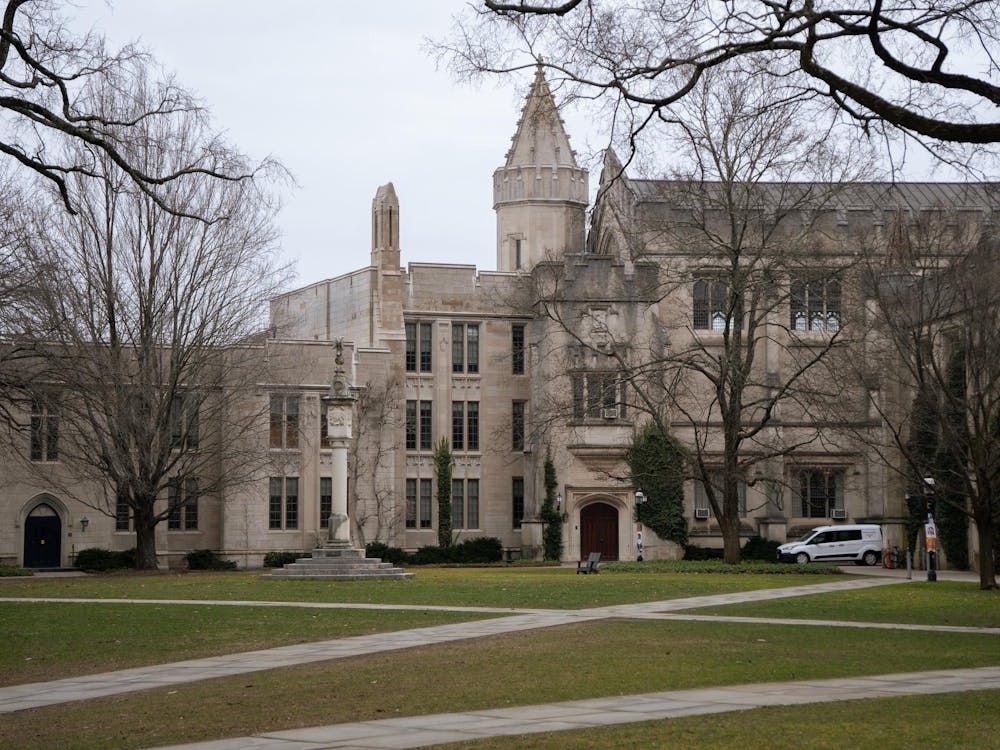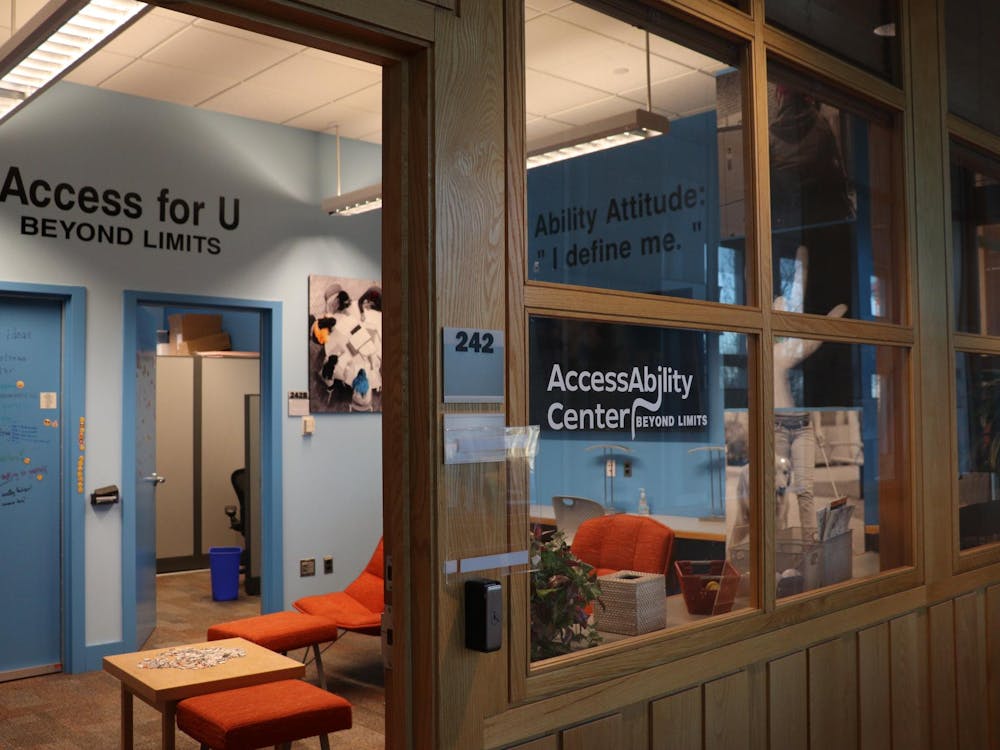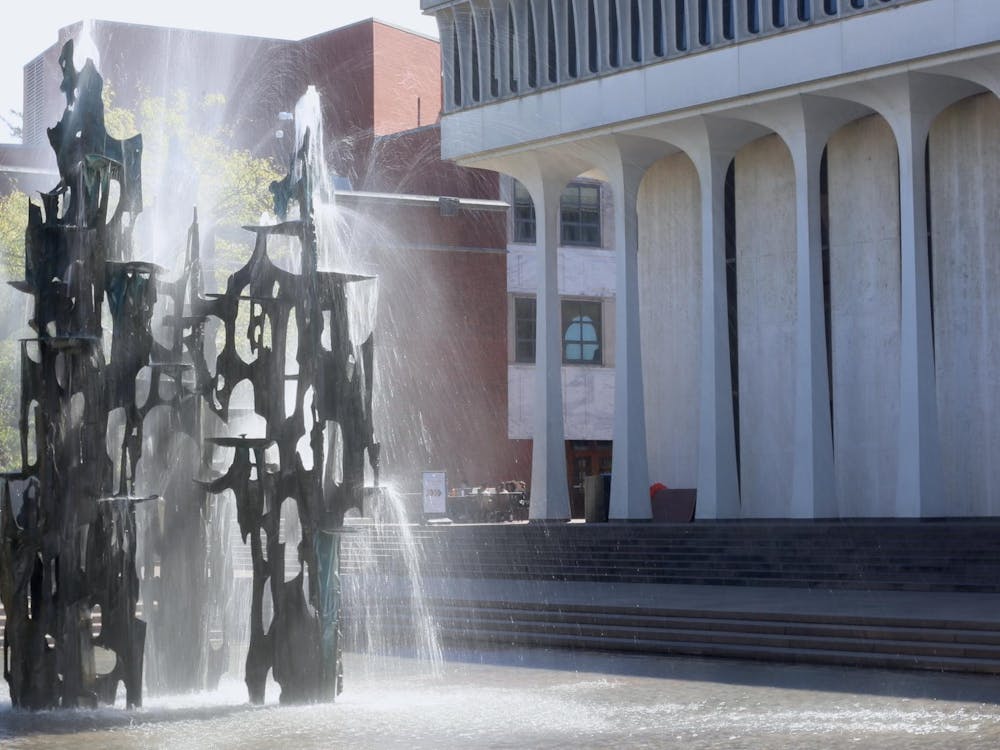Through the University’s new partnership with AgriArk, a start-up company focusing on sustainability, food waste from University dining halls may be processed into fertilizers, according to Rob Wisniewski, CEO of the company.
Wisniewski’s technology uses fermentation to process food waste. This process produces two byproducts: liquid fertilizer, which can be used to nourish plants, and solid fungal and microbial pulp, which can be used to improve soil quality.
“It’s different than compost; it’s different than most fertilizers. We are not necessarily adding nutrients as much as we are fixing existing nutrients and adding a lot of microbe and fungal operations,” said Wisniewski.
Once the company gets the official state approval, it may begin processing food waste from University dining halls into fertilizers. The company has been in discussion with the University’s Office of Sustainability since the summer but has not yet signed an agreement, according to University Spokesperson Martin Mbugua.
According to Wisniewski, the company’s technology has been evaluated and approved for use in Canada, where it was developed. It is in the final stages of obtaining permission in the United States as well.
The company’s approval is pending a permit from the N.J. Department of Environmental Protection for the company’s facilities, which takes about a year to be processed. Wisniewski said that the company is within 30 to 60 days of receiving that permit. The company has also received approval to work with the microbial solutions from the county, he added.
Wisniewski explained that he is interested in partnering with the University because of its openness and care for sustainability. He cited the University’s existing practice of separating food and organic waste as an example of its interest in sustainable waste processing.
“We knew that Princeton had already done separation [of food and organic waste], so obviously, in terms of fundamental nature, they would be open to doing this project,” Wisniewski said. He added that the town’s awareness to the food waste problem also convinced him that Princeton was “the right place to start this.”
If the partnership proves successful, the company plans to gradually expand this technology to other schools and institutions in the area.
However, Mercer County Improvement Authority executive director Phillip Miller has expressed concerns about this technology in his interview with The Times of Trenton on Nov. 29. Miller said that it has yet to be seen whether the byproducts will be marketable or whether AgriArk’s process will be effective.
Miller did not respond to repeated requests for comment.

Regarding this concern, Wisniewski replied that not only has this technology been used in Japan for a long time, but it also has certain economic advantages since the capital cost and operational cost is very low. “We feel very confident that this technology has a real potential in the United States,” he noted.








